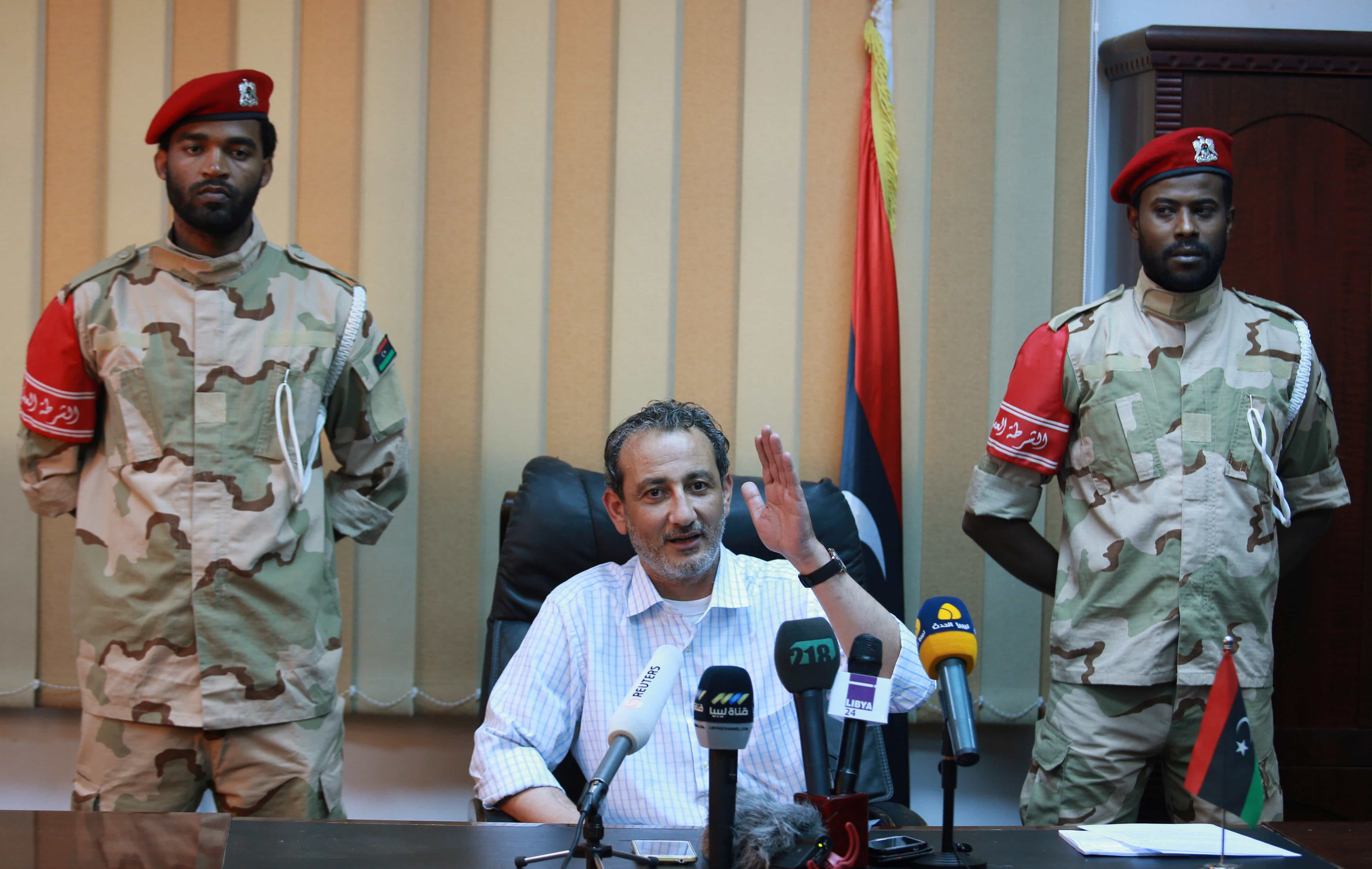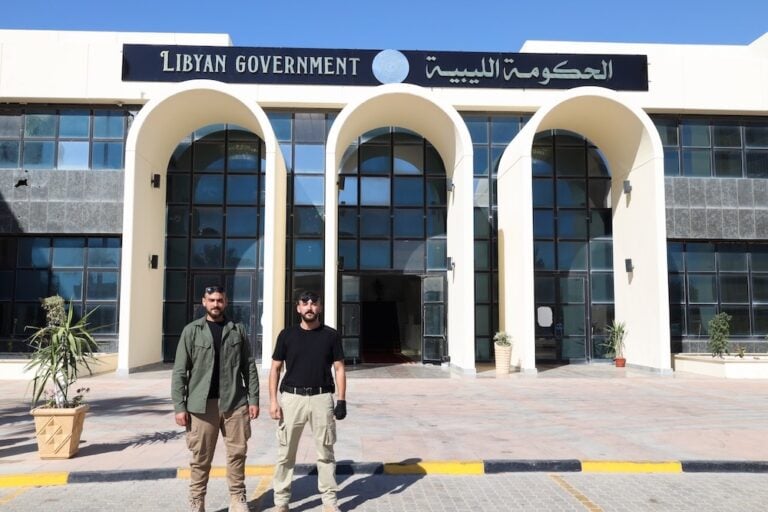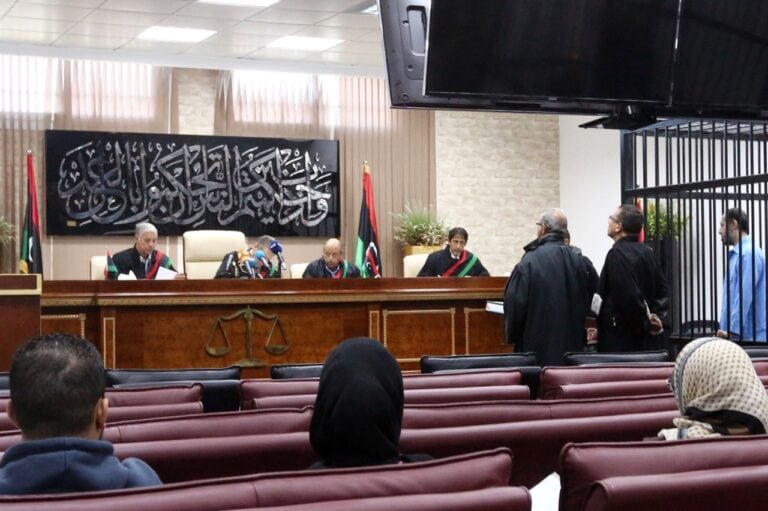The latest acts of violence against journalists in Libya include the murder of freelancer reporter Khaled Al Zantani by an ISIS sniper on 23 June in Benghazi.
This statement was originally published on rsf.org on 1 July 2015.
Reporters Without Borders condemns the latest acts of violence against journalists in Libya including freelance reporter Khaled Al Zantani’s murder by an Islamic State sniper on 23 June in Benghazi.
Zentani was killed by a single shot while covering clashes in the western part of the city between IS fighters and eastern Libya’s army. Our sources said he was deliberately targeted by the IS sniper.
Aged 37, he used to be Zentan TV’s Benghazi bureau chief. Of late he had been freelancing for various media including Zentan TV and Sky News.
Other recent media victims include Ali Al Asbli, a blogger who disappeared (and was probably kidnapped) in March 100 km from Benghazi, and Badr Al Rabhi, the correspondent of the Libya HD television channel who was kidnapped in January in Benghazi.
According to our sources, Rabhi was kidnapped by a military intelligence unit attached to Gen. Khalifa Haftar’s self-proclaimed Libyan National Army. He was questioned for three days, during which he was subjected to verbal and physical violence.
The disappearance of Tunisian journalists Sofiane Chourabi and Nadhir Khtari in the Ajdabiya region in September 2014 remains unsolved.
“We deeply deplore all these acts of violence against journalists, including Khaled Al Zantani’s murder, which brings to eight the number of journalists killed in Libya since the start of 2014,” said Yasmine Kacha, the head of RSF’s North Africa desk.
“Those responsible for these crimes continue to act with complete impunity. We reiterate our appeal to the Government of National Accord, recently installed in Tripoli, to publicly undertake to protect journalists and to prioritize the fight against impunity.”
Other cases of abduction and violence have been reported to RSF in both eastern and western Libya but the families, which often fear reprisals by the many militias or by Islamic State, have asked RSF not to name the victims.
The internationally recognized Government of National Accord headed by Prime Minister Fayez al-Sarraj that was installed in Tripoli in March has said its priority is combatting the Islamist extremists scattered along a 200 km stretch of coast starting in Abu Grayin, in the Syrte region.
However, the GNA has not yet managed to unite all of the military forces on the ground, especially in the east of the country where fighters loyal to Gen. Haftar, who is backed by several eastern tribes, refuse to be sidelined by Sarraj.
In this complex power struggle, professional and non-professional journalists are caught between the various forces in play and are unable to work freely.
Libya is ranked 164th out of 180 countries in RSF’s 2016 World Press Freedom Index.



